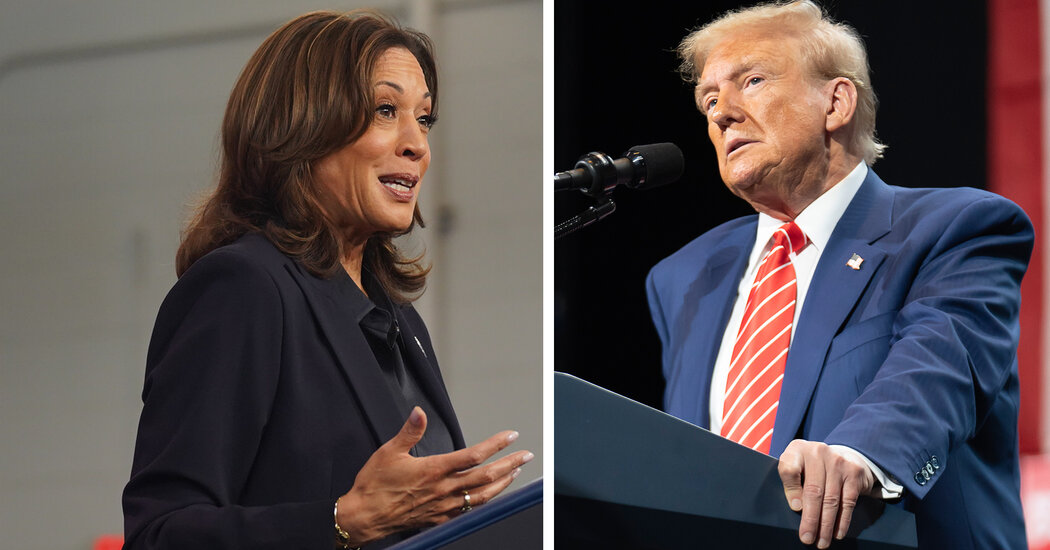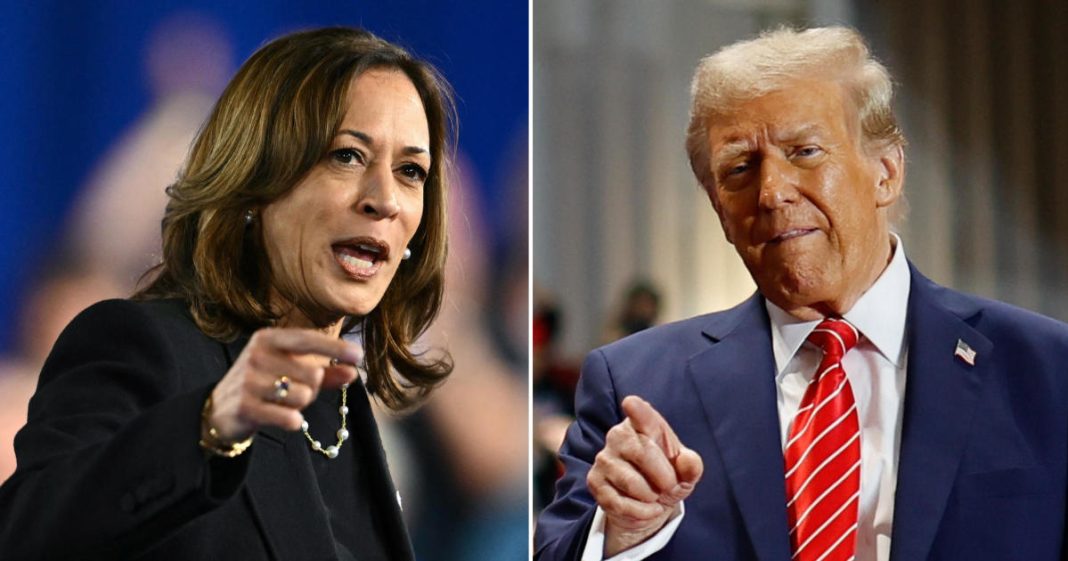Election Day Countdown: What You Need to Know About the 2024 Presidential Vote
As the clock ticks down to Election Day in the United States, which is just around the corner on November 5, 2024, excitement and anticipation are building across the nation. With approximately 160 million registered voters gearing up to cast their ballots, it’s crucial to understand how the voting process works, who can participate, and what to expect in the coming days.
Who Can Vote?
Voting eligibility in the U.S. is straightforward but varies slightly from state to state. To cast your vote, you must be:
- A U.S. citizen
- A resident of the state where you are registered
- At least 18 years old by Election Day
However, it’s important to note that individuals with criminal records may face restrictions in certain states, potentially losing their right to vote permanently. While the 2020 election saw a record turnout of around 66%, this year’s election could see varying levels of participation as well.
How Does the U.S. Election Work?
The U.S. political landscape is primarily dominated by two major parties: the Democrats, who lean center-left, and the Republicans, who are more right-wing. Candidates from these parties emerge through a series of primary elections and caucuses held in each state, ultimately leading to the nomination at their respective national conventions. This election cycle features Democratic Vice President Kamala Harris facing off against former Republican President Donald Trump.
Interestingly, President Joe Biden, who initially sought re-election, withdrew from the race after a challenging debate performance raised concerns about his viability for another term. Alongside the major party candidates, there are also third-party contenders like Jill Stein from the Green Party and Chase Oliver from the Libertarian Party.
The Role of the Electoral College
One of the unique aspects of U.S. elections is the Electoral College. Unlike Congress members, who are directly elected by voters, the president is chosen through a system of electors. When Americans vote, they are actually selecting a slate of electors pledged to support specific presidential and vice-presidential candidates. To win the presidency, a candidate must secure 270 out of the 538 total electoral votes.
This system can lead to surprising outcomes, as seen in the 2016 election when Trump won the presidency despite losing the popular vote by nearly three million votes.
Polling Insights
As Election Day approaches, the race between Harris and Trump is heating up, with both candidates neck and neck in key swing states. Current polling shows Harris with a slight edge, leading by just 1.5 points nationally. However, Trump is closing the gap, particularly on issues like the economy and immigration, while Harris maintains an advantage on political extremism.
Swing states such as Pennsylvania, Georgia, and Arizona are critical, and the outcome in these areas could determine the election’s final result.
When Will We Know the Results?
While many hope for a swift announcement of the winner on election night, history suggests that it may take longer to determine the outcome. As polls close, results will be reported in real-time, starting with the Eastern Time Zone. However, due to the increased volume of mail-in and absentee ballots, final tallies may not be available immediately. Some states allow ballots postmarked by Election Day to be counted even if they arrive later, which can lead to delays.
If neither candidate secures the necessary 270 electoral votes, a rare contingent election could occur, where the House of Representatives elects the president, and the Senate elects the vice president.
Key Dates to Watch
- Election Day: November 5 – Most Americans will vote in person or by mail.
- Certification Deadlines: November 6 – December 11 – States will certify their election results.
- Electoral College Vote: December 17 – Electors will meet to cast their official votes.
- Congress Counts Electoral Votes: January 6, 2025 – Congress will convene to count and confirm the electoral votes.
- Inauguration Day: January 20, 2025 – The president-elect will be sworn in, marking the official transition of power.
As we approach this pivotal moment in American democracy, understanding the voting process and the implications of the Electoral College is more important than ever. Whether you’re a seasoned voter or participating for the first time, make sure your voice is heard this Election Day!



